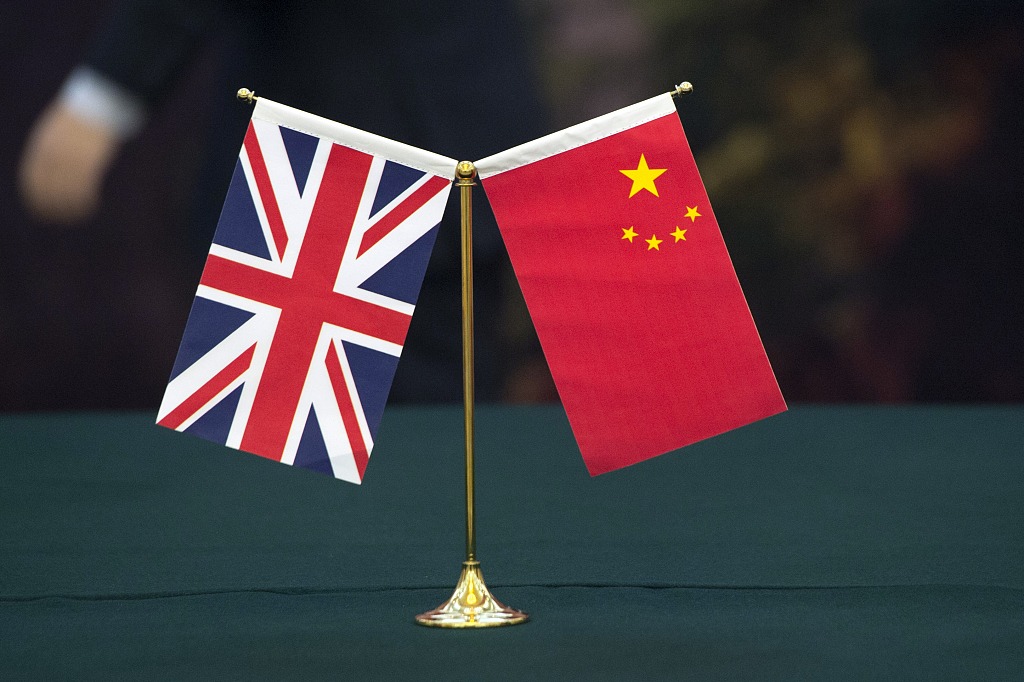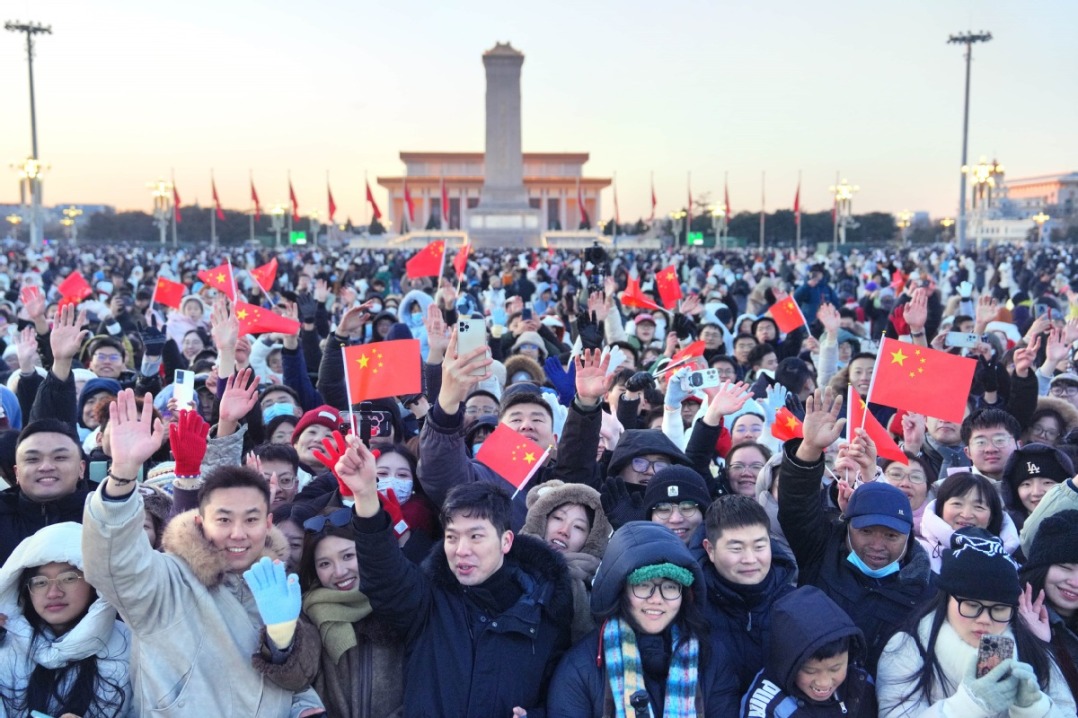ROK's NEV power dream ever more distant


The Republic of Korea imported nearly 5,000 cars in the first half of this year, among which one-third of the imports were from China. In contrast, ROK vehicles only account for about 2 percent of the auto market in China today.
Thanks to the upgrading of China's manufacturing industry, China's new energy vehicle production and sales scale has ranked first in the world for eight consecutive years. In the first quarter of 2023, China's NEV exports almost doubled. It is set to overtake Japan as the world's largest car exporter this year when its auto exports are expected to exceed 4 million. Against this backdrop, it is natural that Chinese vehicles are taking an increasingly larger share in the ROK market, which has long been regarded as one that values the country's own brands. The ROK companies have global marketing networks, strong manufacturing, advanced chips, developed software and information technologies as well as reliable battery technology. And Seoul has the ambition to make the country a leading NEV manufacturer in the world by providing large amounts of subsidies and tax cuts.
However, the ROK's NEV industry has not yet integrated the country's advantages in the aforementioned aspects as a whole. And the appreciation of the US dollar and the depreciation of the ROK won also affect its trade.
More importantly, the Yoon Suk-yeol government's one-sided pro-United States diplomacy has unavoidably destabilized the industry and supply chains related to the ROK's export industries, including its auto and NEV sectors.
That means the Chinese NEV industry should never underestimate the competitiveness and potential of its ROK counterpart, as it will only be a matter of time for the ROK companies to catch up with it after it integrates the country's strengths in different fields and adapts to the new normal of its development environment.


































